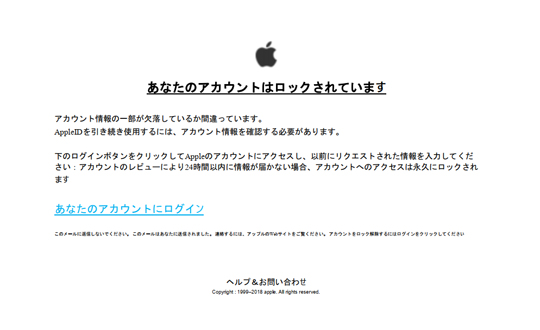PDF_PHISH.AUSEQR
Artemis!2D0E5518966F (McAffee); UDS:DangerousObject.Multi.Generic (Kaspersky)
Windows


Threat Type: Trojan
Destructiveness: No
Encrypted:
In the wild: Yes
OVERVIEW
Downloaded from the Internet, Dropped by other malware, Spammed via email
This Trojan arrives as an attachment to email messages spammed by other malware/grayware or malicious users. It arrives on a system as a file dropped by other malware or as a file downloaded unknowingly by users when visiting malicious sites.
TECHNICAL DETAILS
559,001 bytes
EXE
24 Aug 2018
Displays message/message boxes, Displays graphics/image
Arrival Details
This Trojan arrives as an attachment to email messages spammed by other malware/grayware or malicious users.
It arrives on a system as a file dropped by other malware or as a file downloaded unknowingly by users when visiting malicious sites.
Other Details
This Trojan does the following:
- The following is shown to trick users into clicking the link:

- This Trojan presents users with a fake message tricking them to click on the following link: https://apple-updateaccsupp.{BLOCKED}rc.com/?16shop
However, as of this writing, the said site is inaccessible
SOLUTION
9.850
14.462.02
24 Aug 2018
14.463.00
25 Aug 2018
Step 1
Before doing any scans, Windows XP, Windows Vista, and Windows 7 users must disable System Restore to allow full scanning of their computers.
Step 2
Note that not all files, folders, and registry keys and entries are installed on your computer during this malware's/spyware's/grayware's execution. This may be due to incomplete installation or other operating system conditions. If you do not find the same files/folders/registry information, please proceed to the next step.
Step 3
Close all opened browser windows
Step 4
Scan your computer with your Trend Micro product to delete files detected as PDF_PHISH.AUSEQR. If the detected files have already been cleaned, deleted, or quarantined by your Trend Micro product, no further step is required. You may opt to simply delete the quarantined files. Please check the following Trend Micro Support pages for more information:
Did this description help? Tell us how we did.

